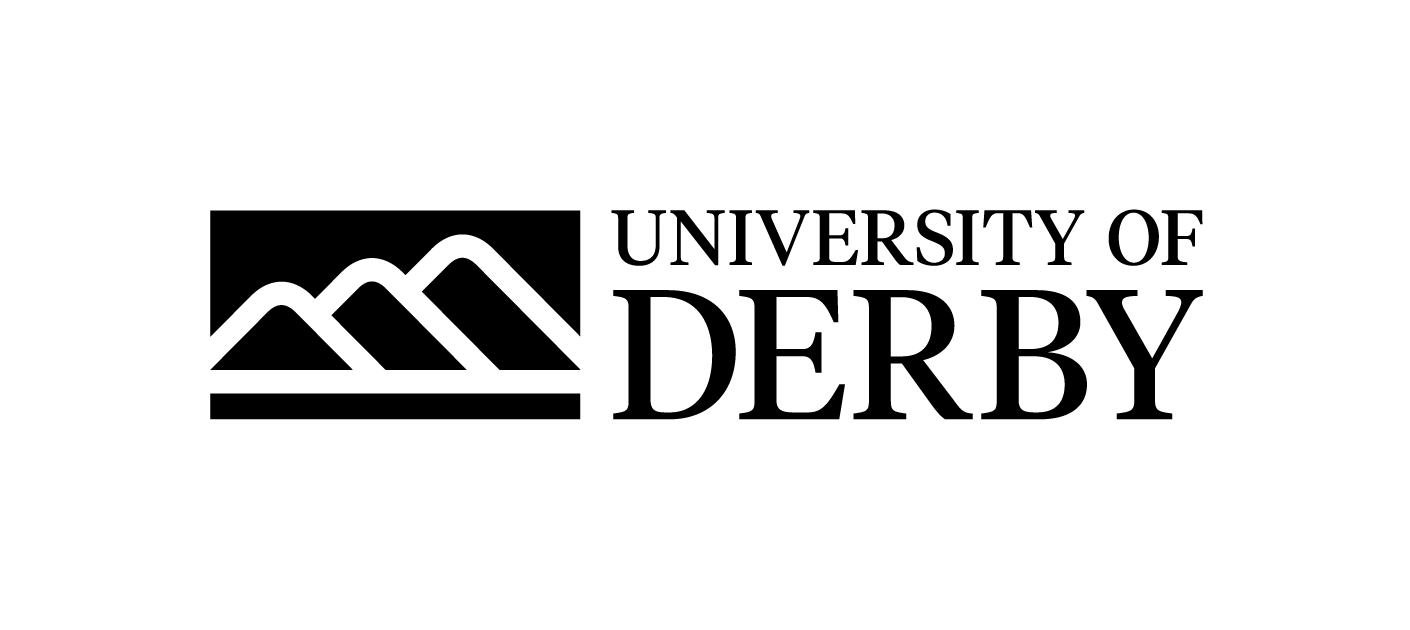The Northern Ireland Neurodiversity in the Workplace Conference 2025
Hilton Belfast, Northern Ireland 5 February 2025, 9:00am - 4:00pm


Dr Raymi Doyle
Research & Development, Consultant Psychotherapist, Clinical Supervisor and Neurodiversity Practitioner
Dr. Raymi Doyle is a psychotherapist, educator and clinical supervisor who has been providing therapeutic and educational support services to neurodivergent individuals, therapeutic professionals and organisations as part of a neuroinclusive environment since 2005.
After completing a psychology degree at QUB in the UK 2003, he moved to the USA to complete a master’s in counselling/psychotherapy at Millersville University 2003-2005 before being employed as lead clinician in wraparound services for autistic children/young people between 2005-2007 where he provided therapeutic support services across a wide range of communities and cultures. In 2007 he returned to Ireland as part of a team who managed a school for autistic children., which ultimately led to moving back to Northern Ireland, where he began to see a real need for psychotherapeutic and educational support for both clients who were autistic, as well as the staff providing support services across the province.
This led Raymi to open a private practice in 2011 specialising in supporting autistic and traumatised clients, as well as providing clinical supervision to practitioners. He integrated his work within the charitable and voluntary sector across NI so that autistic individuals could have broader access to this level of support. He also developed a bespoke training programme in collaboration with NRC as part of higher education, that focused on supporting family, education support staff, and health care officials within a neuroinclusive context, that was disseminated through multiple educational and therapeutic services between the years of 2012 and 2019.
Raymi has also presented on various national conferences in the field of neurodiversity with both the BACP and Middlesex University between 2013 and 2024, as well as being invited to an international Symposium in the USA 2019. He has been a guest reviewer for the British Journal of Guidance and Counselling for articles on Autism.
Raymi completed and submitted his thesis for his Doctorate at Metanoia Institute/Middlesex University where he explored “Bridging the Gap between the Autistic, the Therapist, and the Theoretical Perspective.” in 2022. This qualitative piece of research has further developed into the theory of neurotransception, https://www.counsellingrooms.co.uk/neurotransception/ which was grounded in the data from examining the relational dynamics between autistic individuals, therapists, and autistic therapists. He is currently updating his training programme https://www.counsellingrooms.co.uk/training/ to incorporate this theory along with other recent research, as well as working on a number of other publications. This level of reflexive research has ultimately led to Raymi identifying as neurodivergent.
Raymi is also a qualified coach, and has also developed a relational stepped debriefing model that he has piloted with a range of key staff providing support to neurodivergent service users which has already been shown to be successful. He has been able to integrate his research findings and theory of neurotransception into this debriefing model, https://www.counsellingrooms.co.uk/debriefing-model/ which he is also currently integrating within a neuroinclusive consultancy service to workplaces. https://www.counsellingrooms.co.uk/new-service-beginning/
He is making both of these services available to a wide range of support services as well as workplaces at both a national and international level.
In 2022 Raymi also started with Studio 3 as Research and Development Lead, Senior Psychotherapist & Neurodiversity Practitioner, which he continues to offer a range of consultancy services as an associate.
Raymi is passionate about being able to offer this varied and bespoke level of support to those within NI as well as those that live outside of the geographical area of practice, by focusing his energy in growing all parts of his private practice at a national and international level. He has found that his therapeutic and supervisory experience, along with his background in trauma-informed care, and his evidence-based theory of neurotransception is centred around creating neuroinclusive environments where there is a focus on developing relationships and making connections with clients/service users/professionals/organisations whether online, via telephone, face-to-face, or a hybrid of all.



